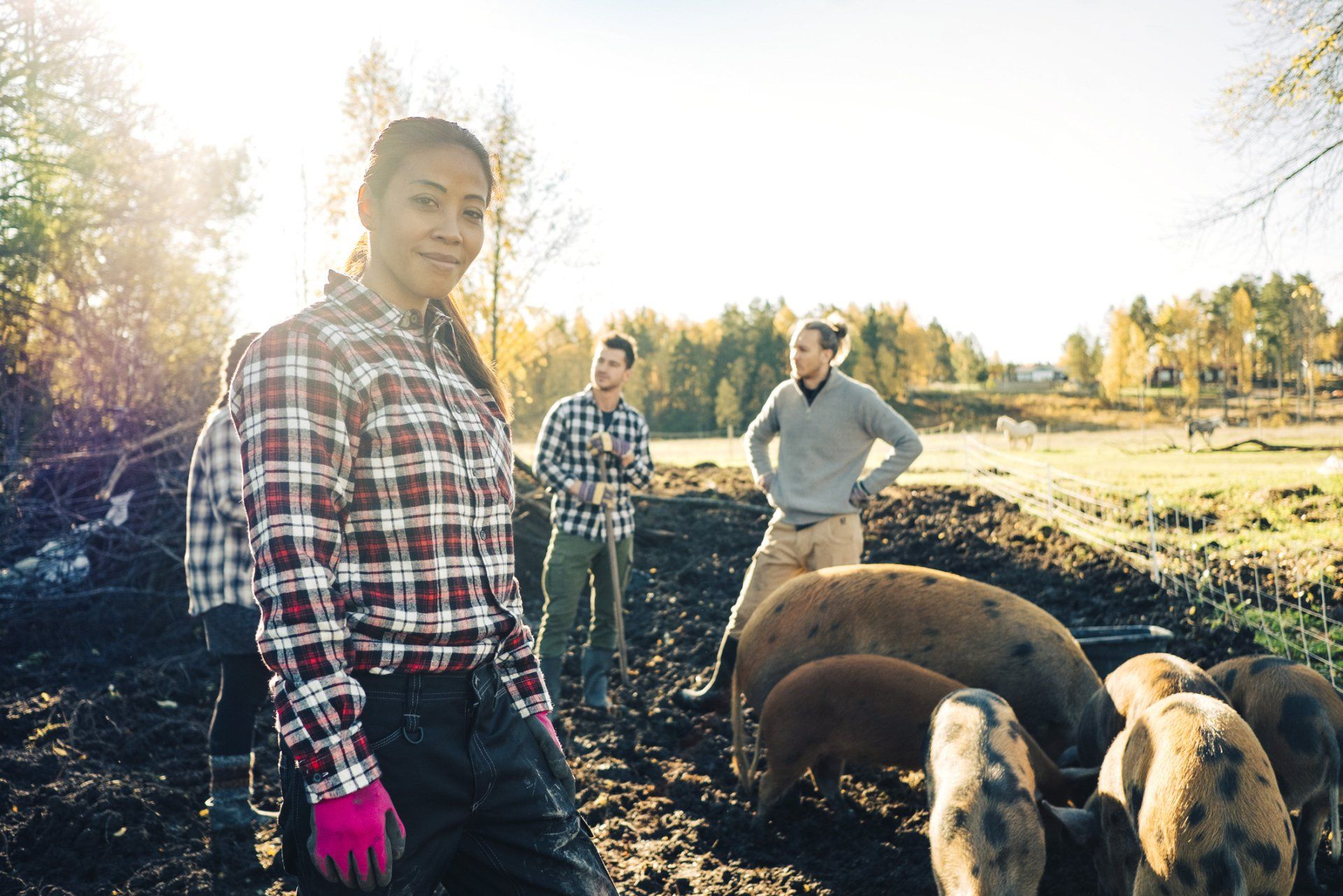1MG FlippingBooks
The role of rural workplaces crucial in tackling mental health
As the rate of suicide in rural and regional areas is about 40 per cent higher than in major cities (and significantly worse in remote areas), there is no doubt that rural mental health is a challenge that needs to be confronted. And while governments and healthcare providers are rightfully front and centre in this fight, rural workplaces – such as farm businesses – may also have a role to play.
A recent white paper released by Allianz Australia has reported that the ultimate cost to the economy of mental ill-health in the Australian workplace is $12.8 billion per year. In rural areas, these existing mental health issues related to work may be exacerbated by not only the cyclical nature of farming and the devastating effect of natural disasters, but the difficulty of accessing adequate health services.
“In my view mental health in rural communities is a big deal and, in some cases, is exacerbated by the tyranny of distance that people feel in these communities,” says Marcus Pearl, CEO of Allianz’s crop and forestry insurance business Primacy. “It’s an enormous problem in my opinion, and a very different problem to the mental health issues we see in our metropolitan areas.”
Marcus suggests that a cultural change has taken place in recent years, with mental health issues no longer viewed as a sign of weakness but a normal part of life. It is therefore vital that this cultural change is echoed in rural workplaces to encourage a better mental health environment.
BACKING WORDS WITH ACTION
In a commitment to improving mental health in rural communities, Allianz sponsored the 2018-19 Baggy Blues Cricket Tour of rural and regional NSW – a campaign from the Rural Adversity Mental Health Program (RAMHP) to raise mental health awareness.
“We prosper when our customers prosper,” says Marcus. “We don’t seek recognition for what we do in supporting community initiatives, but we hope that it strengthens the communities we operate in, and that we’ll be better as a result of those actions.”
The Tour is a regular event that aims to reduce the stigma surrounding mental illness, increase knowledge of the mental health resources available and most importantly increase community spirit for those living in these areas, with a number of cricket matches and mental health seminars held across rural and regional NSW over summer .
Initiatives such as the Baggy Blues Tour have such a positive effect on community spirit and mental health in regional areas, and businesses such as Allianz and Primacy are quickly realising the flow-on effect this can have.
“Sponsoring the Baggy Blues Tour has given us an opportunity to support drought-affected communities and, at the same time, raise awareness of mental illness and the resources available to support people during this difficult time,” says Brett Williams, Head of Regional and Rural Insurance at Allianz. “There is a strong correlation between physical activity and positive mental health outcomes, so there is no better way to bring attention to this important topic than with a cricket match.”
CULTIVATING MENTALLY HEALTHY WORKPLACES
The key to cultivating mentally healthy workplaces in farming or rural businesses is to encourage better environments around mental health. The Allianz white paper recommends changes that involve physical activity, mental wellbeing and a positive culture.
“For rural and regional communities, breaking down the stigma attached to mental health is critical,” says Brett. “This should be coupled with having local level services and support that farming and rural businesses can draw on.”
For information on mental health support in rural and regional areas, you can visit the Rural Adversity Mental Health Program.
To learn more about Allianz’s white paper or Primacy, you can visit Allianzengage.com.au.

















